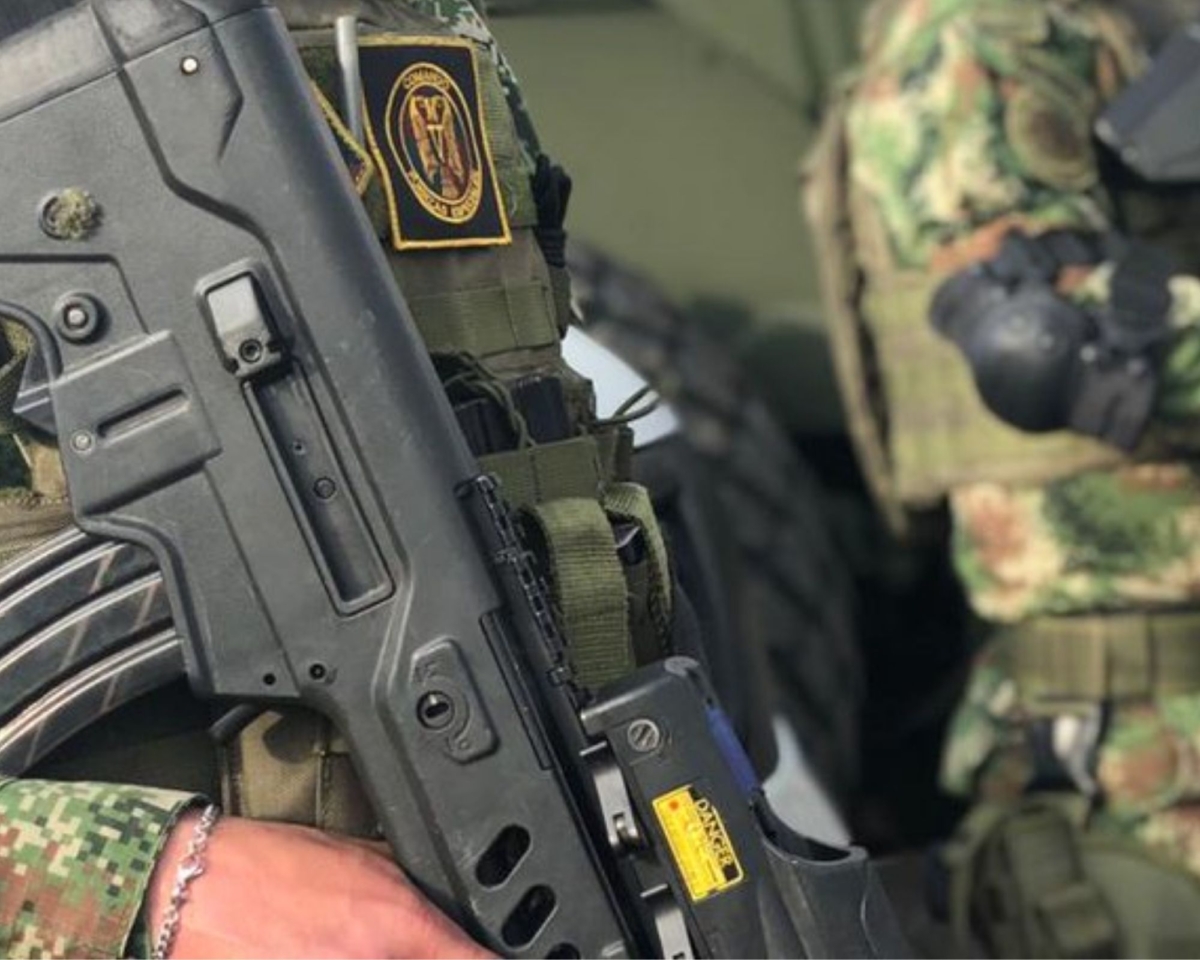
The battle an active soldier diagnosed with HIV won against the Army in Colombia
Translation via Deepl.com. For original article in Spanish, please scroll down.
To protect his fundamental rights to social security, the Sixth Chamber of the Constitutional Court ruled in favor of an active soldier diagnosed with HIV.
In 2015, an active soldier was evaluated by the Military Health Directorate of the National Army through a Medical Labor Board, there, he was evaluated for “the possible decrease of psychophysical aptitudes” after an HIV diagnosis, but he was not guaranteed treatment or follow-up by the institution.
That is to say, the soldier has had to comply with his treatment and all that it entails, in a private manner.
The 2015 report “was incomplete”, since it did not assign a percentage of loss of working capacity.
Nor did it establish criteria to determine the progress of his infection or the subsequent deterioration of his clinical conditions, the Constitutional Court explained.
In the tutela filed by the uniformed officer, three years later the Directorate denied him the possibility of repeating that evaluation “to determine the levels of his work reduction due to suffering from other illnesses that were aggravated as a result of HIV.”
Decision of the Court
Following the decision, the Sixth Chamber of Review, with Judge Gloria Stella Ortiz Delgado presiding, reaffirmed that persons with HIV are entitled to special constitutional protection.
In the specific case, the Constitutional Court argued: “The assessment carried out by the DISAN EJC in 2015 was incomplete, lacked motivation and did not analyze the medical history of the plaintiff in a comprehensive manner”.
Therefore, the Constitutional Court ordered the formation of a new Labor Medical Board.
It also recalled the obligation to respond in a timely manner to the requests made in this type of proceedings, especially in the case of members of the Army. Finally, the DISAN EJC was warned about the duty to provide the medicines required for the treatment of HIV.
Thus, the Chamber protected the rights to social security and administrative due process of the professional soldier on active duty.
He had been denied the procedures to monitor his disease and provide him with the necessary treatment.
This decision of the Court sets a precedent for members not only of the Army, but of the public force in the country.
Para proteger sus derechos fundamentales a la seguridad social, la Sala Sexta de la Corte Constitucional falló a favor de un soldado activo, diagnosticado con VIH.
Noticias Colombia.
En el 2015 un soldado activo fue evaluado por la Dirección de Sanidad Militar del Ejército Nacional a través de una Junta Médico Laboral, allí, se le evaluó por “la posible disminución de las aptitudes psicofísicas” tras un diagnóstico de VIH, pero no se le garantizó tratamiento ni seguimiento en la institución.
Es decir, el militar ha tenido que cumplir su tratamiento y todo lo que conlleva, de manera particular.
El dictamen del 2015 “resultó incompleto”, ya que no asignó un porcentaje de pérdida de capacidad laboral.
Tampoco estableció criterios para determinar el progreso de su infección o el posterior deterioro de sus condiciones clínicas, explicó la Corte Constitucional.
En la tutela que interpuso el uniformado, tres años después la Dirección le negó la posibilidad de repetir esa evaluación “para determinar los niveles de su disminución laboral por padecer otras enfermedades que se agravaron por consecuencia del VIH”.
Decisión de la Corte
Tras la decisión, la Sala Sexta de Revisión, con ponencia de la magistrada Gloria Stella Ortiz Delgado, reafirmó que las personas con VIH son titulares de una especial protección constitucional.
En el caso concreto, la Corte Constitucional argumentó: “La valoración efectuada por la DISAN EJC en 2015 resultó incompleta, incurrió en falta de motivación y no analizó la historia clínica del accionante de forma integral”.
Por lo tanto, la Corte Constitucional ordenó conformar una nueva Junta Médico Laboral.
También, se recordó la obligación de responder oportunamente las solicitudes elevadas en este tipo de trámites, especialmente cuando se trate de miembros del Ejército.
Finalmente, se advirtió a la DISAN EJC sobre el deber de suministrar los medicamentos que se requieran para el tratamiento del VIH.
Así la Sala protegió los derechos a la seguridad social y al debido proceso administrativo del soldado profesional en servicio activo.
Se le habían negado los procedimientos para hacerle seguimiento a su enfermedad y brindarle el tratamiento necesario.
Esta decisión de la Corte sienta un precedente para miembros no solo del Ejército, sino de la fuerza pública en el país.







